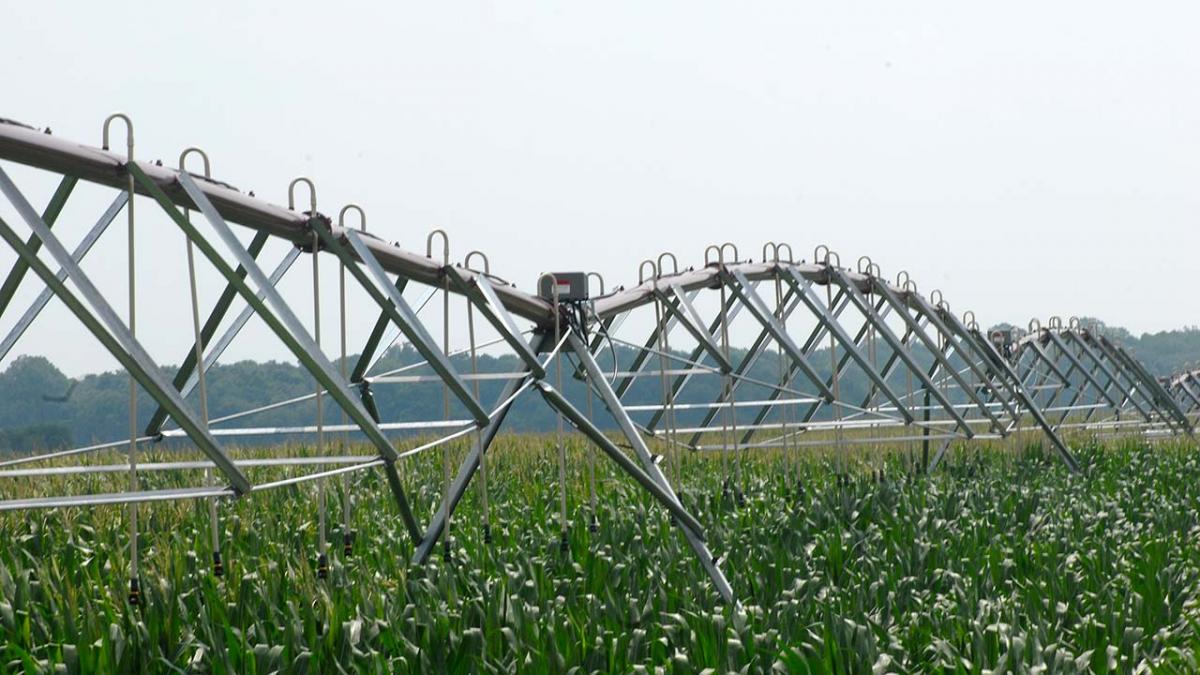USDA/Flickr (Public Domain)
Below is a partial transcript of the Nebraska FARMcast podcast recording embedded on this page.
Legislative Bill 806 would significantly change Nebraska drainage law, and bring a long overdue reform to Nebraska water law. With me to discuss this is Dave Aiken, UNL Extension Water Law and Agricultural Law Specialist.
So what can you tell us about LB806? Current Nebraska law allows landowners to drain water from their land onto neighbors so long as the upper landowner follows the natural drainage, and so long as all the drainage facilities are on the upper field. Basically this can be done almost without regard to how much water is basically dumped on the lower field, even if the lower field is flooded. LB806 would change this.
The current law sounds like it is a little tough on the lower landowners. It is – I have always felt that this drainage law provision is easily the most unfair feature of all of Nebraska water law.
So what would LB806 do? It would basically change the law 180 degrees, so that upper landowners could not conduct any drainage activities putting water on their neighbors that harmed lower landowners.
That sounds like a pretty big change! It would be a drainage law revolution! The stronger language would make it clear to all parties, including to all the lawyers involved and to the judges presiding over drainage dispute cases, that the upper landowners can’t damage lower landowners, even if the drained water being discharged follows the natural drainage.
You mentioned upper and lower landowners. Yes. Water runs downhill, so the upper landowner is the one doing the drainage and the lower landowner is the one ending up with the extra water they don’t want.
You also mentioned lawyers and judges. Right. No agencies involved – NRDs, DNR, etc. Just the neighbors. Hopefully the way LB806 would work out is that if a neighbor discharges drained water onto their neighbor, and it was too much water, the lower neighbor would go to their attorney, who would write a letter to the upper landowner. When the upper landowner takes the letter to their lawyer, they would learn from their own attorney that the law says too much water is prohibited. So the upper landowner would need to negotiate with the lower landowner to work something out. Otherwise, if lower landowner goes to court, the judge would almost certainly make the upper landowner stop the drainage, if LB806 becomes law.
Will this change be controversial? Hard to say. There was no opposition testimony when the bill was heard by the Natural Resources committee last week. We will see if any amendments are offered to modify the bill, and what they do.
This sounds like something we should keep an eye on. Thanks Dave.


